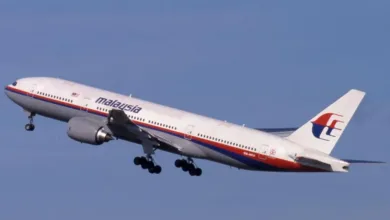As Sri Lanka approaches its presidential election, the economy has become the central issue for voters. The country is facing its worst financial crisis in decades, making the upcoming vote a critical referendum on the austerity measures imposed by the International Monetary Fund (IMF) last year. Public sentiment is largely shaped by the hardships stemming from this economic turmoil, leading citizens to demand urgent solutions.
In a race featuring 38 candidates, focus is on three key figures: incumbent President Ranil Wickremesinghe and his main challengers, Anura Kumara Dissanayake and Sajith Premadasa. Both Dissanayake and Premadasa are advocating for a new agreement with the IMF, highlighting economic reform as a crucial theme in their campaigns. This reflects voters’ desire for a shift in approach to the ongoing crisis.
Wickremesinghe, a six-time prime minister, represents the established political elite through his United National Party (UNP). While his supporters commend his negotiation of a $2.9 billion IMF loan, his administration has been criticized for failing to address the severe inflation, which peaked at nearly 74 percent in 2022, leading to a cost-of-living crisis.
The roots of Sri Lanka’s economic issues date back to post-civil war borrowing for infrastructure projects. However, the situation worsened in 2019 with unfunded tax cuts from President Gotabaya Rajapaksa and further deteriorated during the COVID-19 pandemic, which severely affected tourism and remittance inflows.
By 2022, rising oil prices and U.S. interest rates triggered a balance of payments crisis, forcing the government to deplete its foreign reserves to support the rupee. This fiscal mismanagement led to Sri Lanka defaulting on $51 billion in external debt in April 2022, marking a significant financial crisis.
Following mass protests and Rajapaksa’s resignation, Wickremesinghe turned to the IMF for support, securing a 48-month emergency loan in March 2023. The conditions included implementing harsh austerity measures, such as eliminating electricity subsidies and doubling the value-added tax (VAT). While these measures have shown signs of stabilization, they have not alleviated the burden on citizens, with real wages still significantly lower than before the crisis.
As the election nears, Premadasa criticizes the IMF deal, advocating for policies to boost exports and strengthen governance. Meanwhile, Dissanayake, leading the rebranded Janatha Vimukthi Peramuna (JVP), has gained popularity among younger voters with promises to raise the income tax-free threshold and exempt essentials from VAT. Economic experts call for reevaluating the IMF agreement and emphasize the need for structural reforms to ensure long-term stability as the nation seeks to recover from its ongoing challenges.
